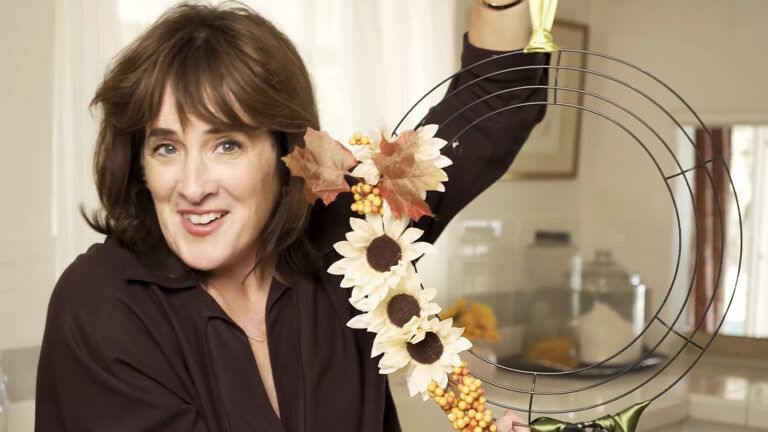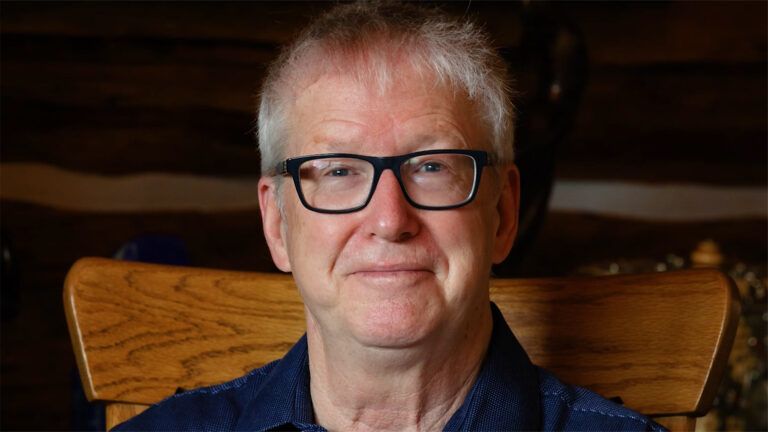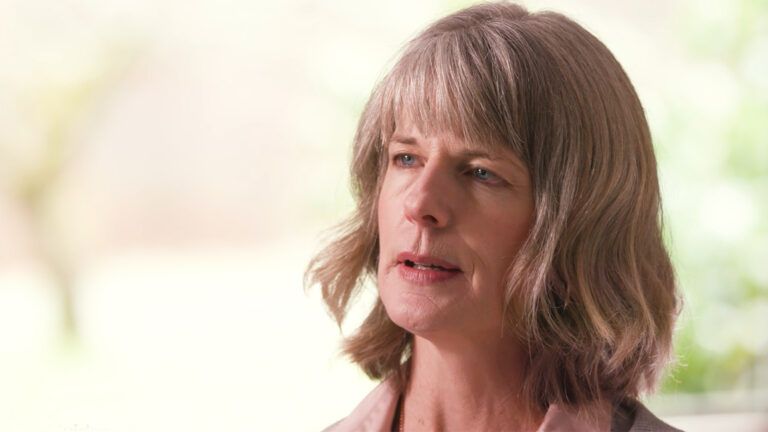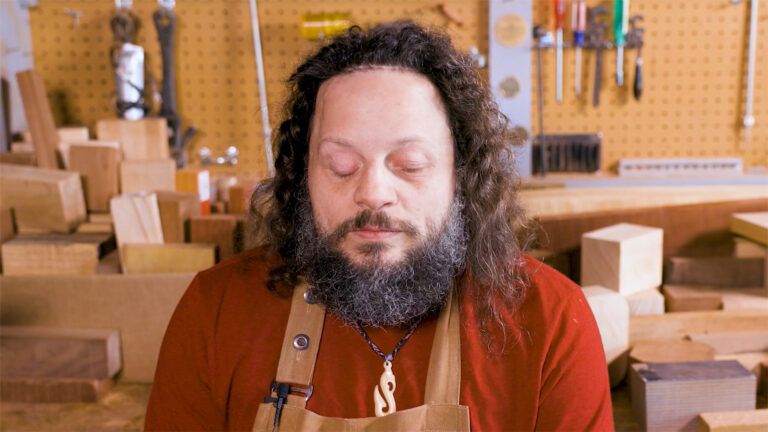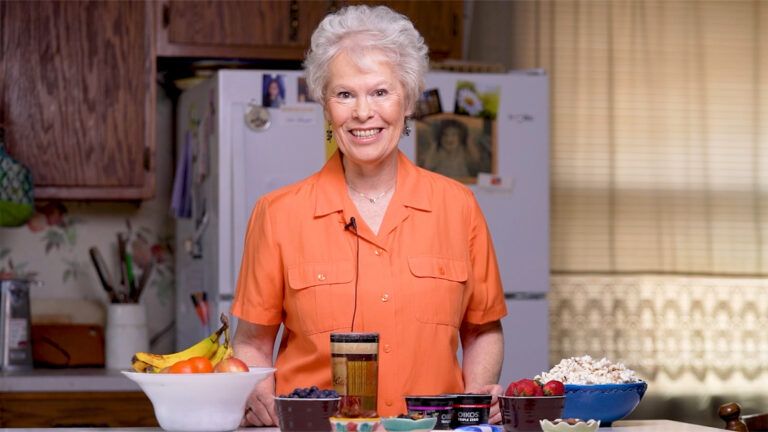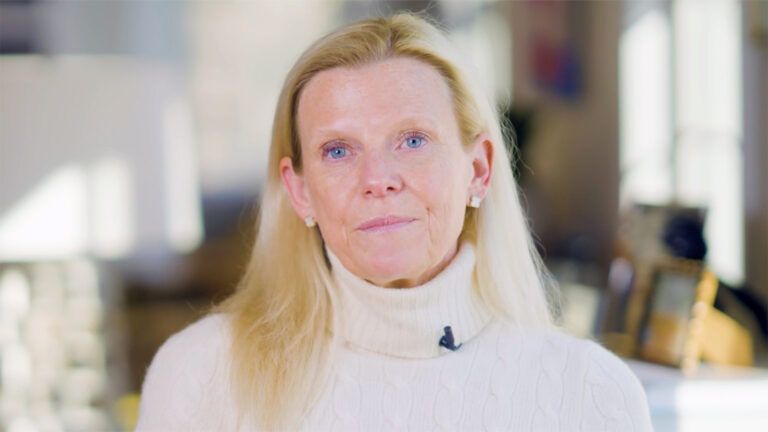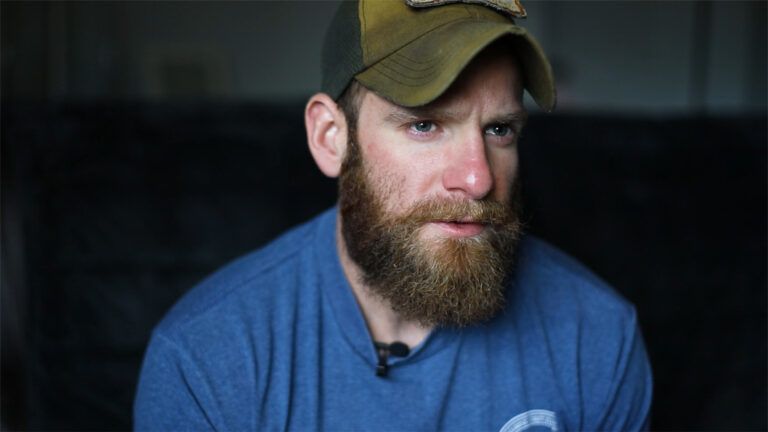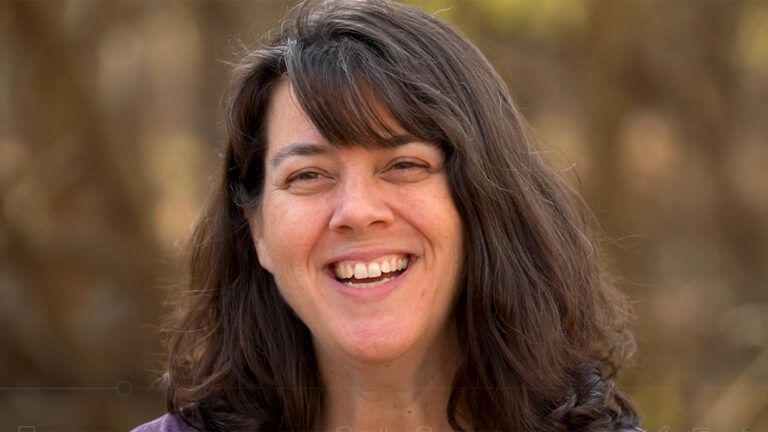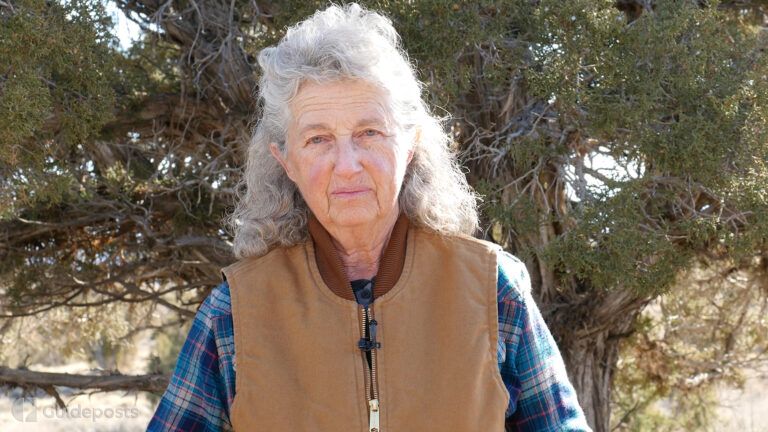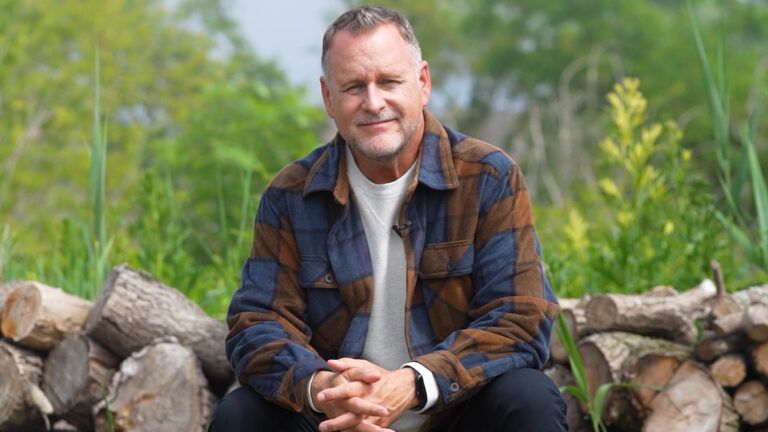
Tags
Dave Beddoe on Shining a Light on Opioid Addiction
A pastor who saw his life thrown into turmoil due to his addiction to painkillers discusses the role that honesty plays in recovery and the importance of making amends.
View Transcript
Guideposts Video: Inspiring True Stories
I had known I had a problem and I would get caught, usually by [my wife] Deb, about every six months. Usually she’d find I’d spent money on pills when I said that I wasn’t or a doctor would call the house and ask some question, and I’d be caught. So I had at times taken little tiny steps but usually never with a full disclosure.
The last pill I took was Ultram, and the executive vice president and the vice president of the ministry that I was working for said they wanted to meet with me, and I knew they were coming because I had been caught. So I was stressed and I was nervous, so I decided to deal with the stress and nervousness the only way I knew how, which was to take a pill. The irony was palpable: The thing that was getting me in trouble and was going to end my ministry was the thing that I was going to turn to in that moment rather than God or anything else that I knew.
So in one fell swoop one afternoon I hit rock bottom: I lost my job, I lost my ministry. I lost the home we lived on site at the camp. I thought maybe I would lose my family and my friends and my…prestige, the stuff I had been living on.
Trying to manage it and keep it hidden was the real problem, and once it was exposed was the rock bottom. The turnaround came with the response from most of the people not everybody, but most of the people were really gracious and wanted to see me get help and wanted to see me get clean and wanted to see success. People were mad and people were hurt but they wanted to offer grace.
There at my worst, when I was a lying, drug-stealing addict, the people around me were exhibiting that kind of grace, that they still loved me anyway. And I don’t know if I ever really believed that God really loved me anyway, even if I was this horrible person, and that was the breakthrough, that maybe there was a chance that I could change and that God could change me.
Why is making amends an important part of the recovery process? Well, it has to do with coming clean; it was really important for me to know only tell people I was sorry and ask forgiveness but to do that in a nonmanipulative way. I had used asking for forgiveness as a manipulative technique often, especially with my wife. When I’d get caught, I would be really sorry and hope she didn’t know the full extent of it, and then she loved me and she’d feel bad for me and she’d forgive me, and then I could go on keeping some secrets. So making amends is really important to clean out the muck that you’ve created.
So how can you find hope, as an addict, when you think there’s no hope? In the middle of that moment when you realize that you can’t do it on your own and you’ve kind of made a shambles of your life, rather than turning to the route of ‘I’m incapable of fixing this,’ realizing that we have a God who loves you, who wants to help you fix it.
Usually He’ll put people who want to help and be His hands and feet in your life. There are churches everywhere, there are 12-step groups everywhere, there are counselors everywhere who have a passion and a willingness to be part of that process. So sometimes just seeing it in some human’s eyes is a pretty amazing thing.
When there’s somebody else who needs that help, there’s stuff that I can speak to that somebody who hasn’t been an addict or hasn’t been in recovery can’t speak to. To be able to help somebody else means they’re helping me. That we’re going through it, offering a glimpse of what the future can be like for somebody who’s in the middle of it. It’s a journey. You don’t just decide today, and you’re fixed.
I relapsed seven times, hard. Like I thought, everything is great; I’m not going to use again. I’m forgiven and I’m clean. And then something would come up and I would be tempted and I would fail. Not that relapse is ok, but it’s a normal part of the process, and if you relapse, don’t give up! Go back to your meeting, go back to your safe people. Confess it, make amends and keep going.
I’m in a place now where not only can I say I’ve been clean for a long time, but I’ve been given the opportunity to work with other people who are struggling and who want to get clean. I work in a church that accepts me where I’m at, because everyone knows I’m the guy who’s an addict a recovering addict. It’s tough, it’s terrifying when you’ve got all of this grossnes that you’ve been hiding for so long. That pain dies in the light, and it thrives in the darkness. Finding one person you trust and sharing that with them that becomes helpful. It might be a hard path to get there but you’re loved by God, who wants something better for you.

